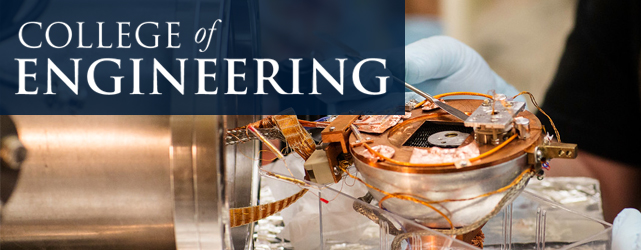Long Term Sustainability of Differentially Reliable Systems in the Dark Silicon Era
Document Type
Conference Paper
Journal/Book Title/Conference
2013 IEEE 31st International Conference on Computer Design, ICCD 2013
Publisher
Institute of Electrical and Electronics Engineers
Publication Date
10-6-2013
First Page
70
Last Page
77
Abstract
As transistor miniaturization continues, providing robustness and computational correctness comes with rising power, performance, and area overhead costs. However, the diversity of software error tolerance is increasing as modern society embraces ubiquitous computing. This diversity can be exploited by differentially reliable (DR) multicore systems. The rising level of dark silicon - the portion of a chip that must remain inactive due to power budget constraints - makes such DR systems even more attractive when compared to homogeneous designs because power efficiency is improved with the increased flexibility of dynamically selecting appropriate cores for a given software workload. However, ensuring the long-term sustainability of these DR systems is a profound challenge. Asymmetric utilization of cores, differential aging degradation, and manufacturing process variation alter the relative reliability of DR system components, degrading and even eliminating the energy efficiency advantage. In this paper, we propose a feedback control based thread-to-core mapping framework to ensure longterm sustainability and extend the energy efficiency of a DR system. Over a ten-year lifespan, we analyze our approach on two DR design techniques and respectively demonstrate 14.4-16.3% and 26.1-31.0% in sustained energy-efficiency benefits, surpassing the recently proposed race-to-idle approach. © 2013 IEEE.
Recommended Citation
Jason Allred, Sanghamitra Roy, and Koushik Chakraborty, Long Term Sustainability of Differentially Reliable Systems in the Dark Silicon Era. IEEE International Conference on Computer Design (ICCD), pp. 70-77, October 2013, Asheville, NC.


